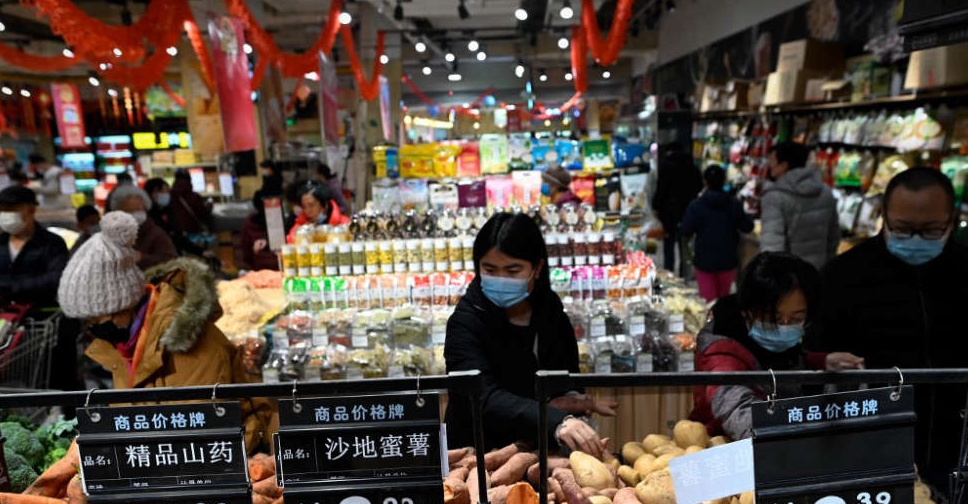
The Chinese government has told families to keep daily necessities in stock in case of emergencies, after COVID-19 outbreaks and unusually heavy rains that caused a surge in vegetable prices raised concerns about supply shortages.
The commerce ministry directive stirred some concern on domestic social media that it may have been triggered by heightened tensions with Taiwan, while some said people were rushing to stock up on rice, cooking oil and salt.
"As soon as this news came out, all the old people near me went crazy panic buying in the supermarket," wrote one user on China's Twitter-like Weibo.
Local media has also recently published lists of recommended goods to store at home including biscuits and instant noodles, vitamins, radios and flashlights.
The public response forced state media on Tuesday to try to soothe fears and clarify the ministry's statement.
The Economic Daily, a Communist Party-backed newspaper, told netizens not to have "too much of an overactive imagination" and that the directive's purpose was to make sure citizens were not caught off guard if there was a lockdown in their area.
The People's Daily said the ministry issues such notices every year but had issued its instruction earlier this year because of natural disasters, the surge in vegetable prices and recent COVID-19 cases.
The ministry's statement late on Monday urged local authorities to do a good job in ensuring supply and stable prices, and to give early warnings of any supply problems.
The pandemic has brought an increased focus on food security, with the government drafting a food security law and outlining new efforts to curb food waste.
The commerce ministry said local authorities should buy vegetables that can be stored well in advance and also strengthen emergency delivery networks.
Information about prices and supply and demand of commodities should be released in a timely manner to stabilise people's expectations, it added.
China also plans to release vegetable reserves "at an appropriate time" to counter rising prices, according to a state TV report late on Monday.
It is not clear which vegetables China holds in reserves and how big those reserves are.
The state planning body has called for the timely replanting of vegetables, urging local governments to support fast-growing produce, according to the report.




 Iranian President Raisi killed in helicopter accident, state media says
Iranian President Raisi killed in helicopter accident, state media says
 ICC prosecutor seeks arrest warrants for Israeli, Hamas leaders
ICC prosecutor seeks arrest warrants for Israeli, Hamas leaders
 Assange given permission to appeal against US extradition
Assange given permission to appeal against US extradition
 Israel intends to broaden Rafah sweep, Defence Minister tells US
Israel intends to broaden Rafah sweep, Defence Minister tells US

